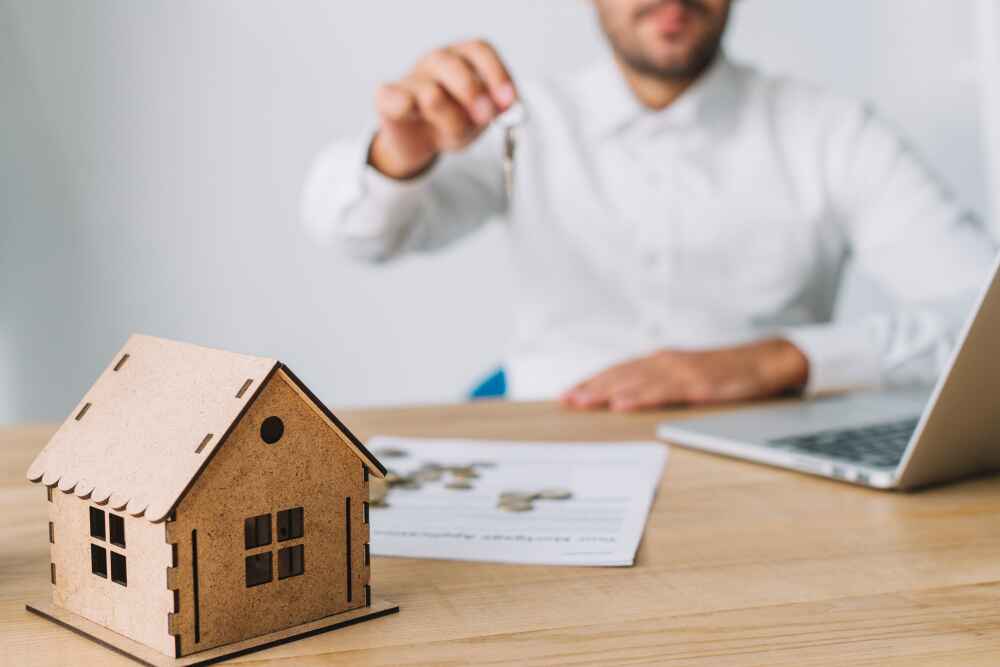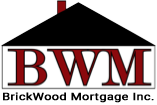We understand that many homeowners, especially those over 62, are looking for ways to access the equity in their homes during retirement. One option that can help is a reverse mortgage. A reverse mortgage allows seniors to convert a portion of their home equity into cash, providing a valuable source of income without the need to sell their home.
What is a Reverse Mortgage?

A reverse mortgage is a special type of loan designed for homeowners aged 62 or older. It allows you to borrow against the equity in your home without the need to make monthly mortgage payments. Instead of making payments to the lender, the lender makes payments to you. These payments can come in the form of a lump sum, monthly installments, or a line of credit, depending on the type of reverse mortgage you choose. If you’re a homeowner considering a South Carolina reverse mortgage, this option can provide financial flexibility while allowing you to remain in your home.
The loan doesn’t need to be repaid until you move out of the home, sell it, or pass away. At that time, the loan, including the amount you borrowed plus any interest and fees, is repaid through the sale of the home. If the home is sold for more than the loan balance, the difference goes to you or your heirs.
Key Features of a Reverse Mortgage
1. No Monthly Mortgage Payments
One of the most appealing features of a reverse mortgage is that it doesn’t require any monthly mortgage payments. This can be a huge relief for homeowners on a fixed income, as it reduces the financial burden of paying a monthly mortgage. Instead of paying the lender, the lender makes payments to you, which can be in the form of a lump sum, a line of credit, or regular monthly payments.
This feature allows you to free up more cash for other expenses, such as healthcare, home repairs, or daily living costs. Since you don’t have to make monthly payments, you can focus on enjoying your retirement without the worry of mortgage bills.
2. Access to Your Home Equity
With a reverse mortgage, you can tap into the equity in your home. The amount you can borrow depends on several factors, including your age, the value of your home, and current interest rates. Generally, the older you are, the more equity you can access. The more valuable your home, the higher the loan limit.
By converting your home equity into cash, you can use the funds for anything you need—whether it’s to supplement your retirement income, pay for medical bills, or make home improvements. This is especially helpful for seniors who may have significant equity in their home but limited cash flow from other sources.
3. No Risk of Foreclosure (As Long as You Meet Requirements)
As long as you continue to live in your home, maintain the property, pay your property taxes, and keep homeowner’s insurance, there is no risk of foreclosure. This is a key feature that sets reverse mortgages apart from traditional loans, where missing mortgage payments could lead to foreclosure.
However, it’s important to remember that the loan must be repaid when the borrower no longer lives in the home, whether that’s through selling the house, moving into an assisted living facility, or passing away. In the case of death, the home is typically sold, and the loan is repaid from the sale proceeds. If the sale price exceeds the loan amount, the remaining balance goes to the homeowner’s heirs.
4. You Maintain Ownership of Your Home
With a reverse mortgage, you retain full ownership of your home. You’re not selling the property to the lender. As long as you meet the necessary requirements—like maintaining the home and paying property taxes—you can continue living in your home for as long as you want.
This feature gives seniors peace of mind, knowing they can remain in their homes while still benefiting from the cash flow a reverse mortgage provides.
5. The Loan is Repaid When You Move or Pass Away
A reverse mortgage is a “non-recourse loan”, which means that you, your heirs, or the estate are never responsible for paying back more than the home’s value. If the loan balance exceeds the home’s sale price when it’s sold, the FHA insurance (for >Home Equity Conversion Mortgages, or HECMs) covers the difference. This feature ensures that the borrower and their heirs are not burdened with a loan balance that exceeds the home’s value.
When you pass away or move out of the home, the loan becomes due. If your heirs wish to keep the home, they can repay the loan by refinancing it or using other assets. If they don’t want the home, they can sell it, and the proceeds will pay off the loan. If the home’s sale price is greater than the loan balance, the excess will go to your heirs.
6. Eligibility Requirements
To be eligible for a reverse mortgage, you must be at least 62 years old and live in the home as your primary residence. The amount you can borrow will depend on the equity in your home (whether built up over time or purchased), your age, and the value of the property. While your credit score is not a major factor, you must be able to demonstrate that you can continue to maintain the home and pay property taxes and insurance.
At BrickWood Mortgage, Inc., we help you navigate the reverse mortgage process and determine if it’s the right choice for your financial needs – we can also connect you with South Carolina mortgage lenders. If you’re 62 or older and interested in learning more about reverse mortgages, please feel free to contact us online or call us at (843) 314-4101 for a consultation. We’ll guide you through every step to make sure you’re making the best decision for your retirement!
